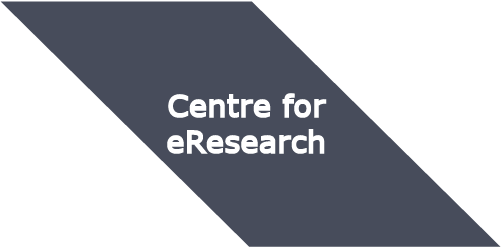
Digital scholarship
Digital technologies have opened up exciting new possibilities in the way we investigate, collaborate, communicate and disseminate our research. Digital scholarship helps the researcher to take advantage of emerging digital technologies to ask and seek answers to questions in a way that was not possible before. For instance, particle physics researchers across the world can share the worldwide large hadron collider computing grid (WLCG) enabling them to distribute and analyse several petabytes of data. In social sciences, computer modelling and simulation are being used to model how certain urban areas may be affected by rising sea levels due to climate change. The international HapMap project that is currently underway aims to identify patterns of variation in the human genome and make the data available in the public domain to enable the discovery of genetic factors that contribute to disease susceptibility, protection and drug response.
Research in the 21st century is moving away from solely publishing key findings in a journal article which is a static method of communication and does not allow for reuse, replicability or refutability. eResearch has emerged with the bold aim of reinventing the research process as an integrated whole, so that it becomes more effective—easier to find what you need, to reuse useful data, methods or protocols, and even to verify or refute the work of others. It will also improve the way academic outcomes are communicated, archived, discovered, reused and valued.
However, for many researchers, digital scholarship is still a huge challenge that leads to frustrations, missed opportunities and inefficiencies. For new researchers, the skills gap around digital tools and technologies is growing, not shrinking. Furthermore, it is very challenging to fit appropriate learning opportunities into traditional university (for credit) courses and curricula: the skills needed are practical, rather than theoretical and existing courses are already under pressure to enlarge the content. But if we can successfully meet this need, we will provide our postgraduate students and research staff with a competitive edge and keep our researchers internationally competitive. Emerging best practice suggests that these digital literacy challenges are best addressed with new kinds of learning offerings, and we have found these to be surprisingly successful.